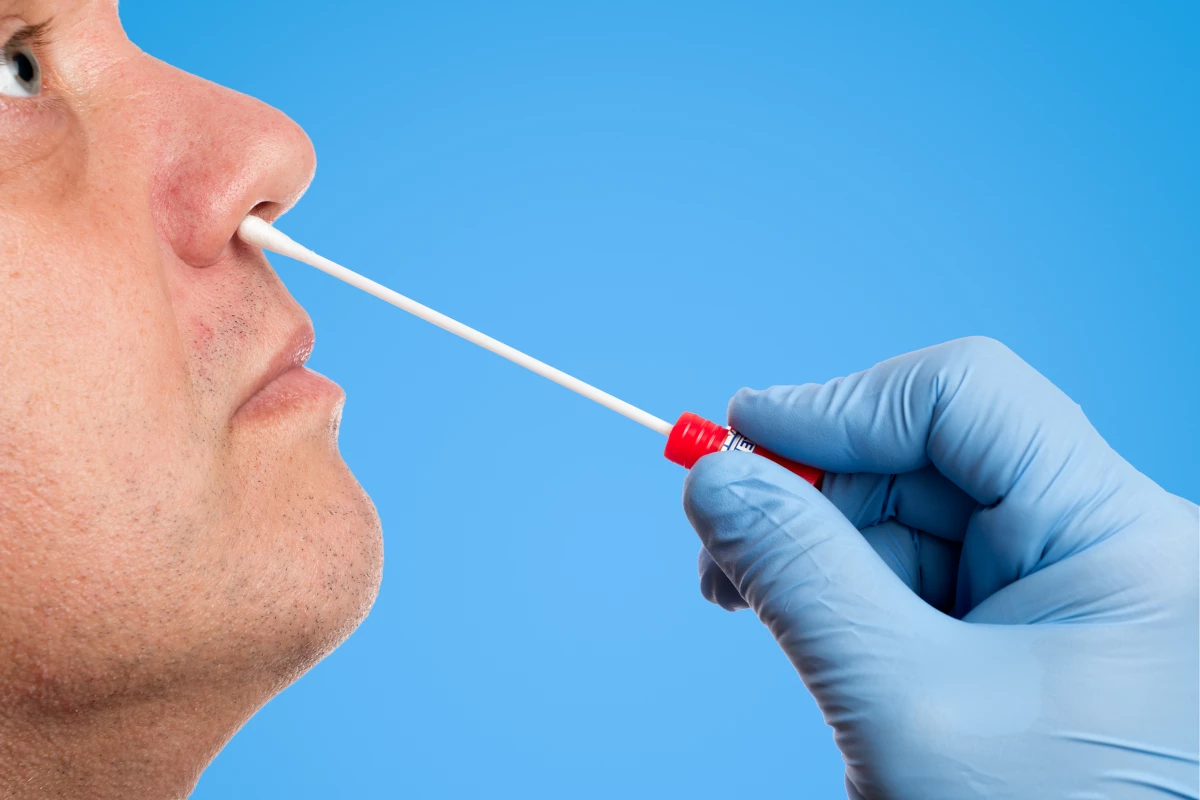Although no one likes getting blood samples drawn or having their skin pricked, these are the most common methods of testing for allergies. Thanks to a new study, however, such uncomfortable pokes could soon be replaced with painless nasal swabs.
The research was conducted by scientists at Germany's Technical University of Munich (TUM) and the Helmholtz Zentrum München, led by TUM's Prof. Claudia Traidl-Hoffmann. It was centered around an existing diagnostic device called the Immuno Solid‐phase Allergen Chip (ISAC).
That biochip was already known to be capable of detecting antibodies produced by numerous allergic reactions, within blood samples. For the new study, the scientists wanted to see if it could also do so within smears of nasal secretions.
The researchers recruited 47 test subjects who were known to react to airborne allergens such as dust mite castings, grass pollen, and the pollen of birch, hazelnut and alder trees. Two individuals with no known allergies served as a control. Nasal fluid and blood samples were collected from all 49 people, then analyzed using the ISAC.
It was found that the same "allergic sensitization patterns" were detectable in both types of bodily fluid. In fact, although more research is required, it is believed that certain allergy-associated antibodies may be measurable in nasal secretions but not in blood.
The research is described in a paper that was recently published in the journal Allergy.
Source: Technical University of Munich





